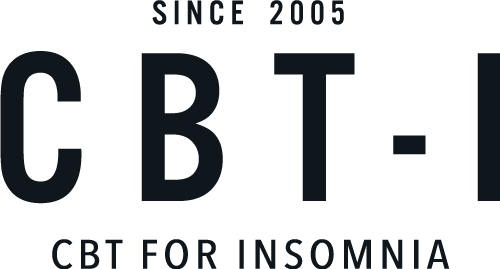Total Sleep Time Continues to Increase After Completion of CBT-I
A new study suggests that total sleep time (TST) continues to increase over time after completion of CBT-I treatment. The study looked at changes in TST assessed via sleep diaries at baseline, posttreatment (end of six-weeks of CBT-I treatment), and at 3, 6, and 12 month follow-up. At posttreatment, just under 50% of subjects increased TST relative to baseline but less than half of those subjects increased TST by more than 30 minutes per night (which is substantial since an extra 30 minutes of sleep per night represents at least an extra half night of sleep per week). At the 3, 6, and 12 month follow-up, a growing percentage of participants achieved > 30 minutes of increased TST relative to baseline: 46% at 3 months, 55% at 6 months, and 64% at 12 months. These findings suggest that the smallest increase in TST from CBT-I occurs at the end of the six-week CBT-I treatment period, while the largest increase in TST occurs one year after completion of CBT-I. The mean TST 12 months after completion of CBT-I was 6.5 hours of sleep compared to the adult average of 7 hours. As the authors note, it may be more beneficial to focus on the patients’ TST and sleep quality. While CBT-I does not guarantee increased TST, knowing that TST continues to grow over time is a realistic expectation for the majority of CBT-I patients.
